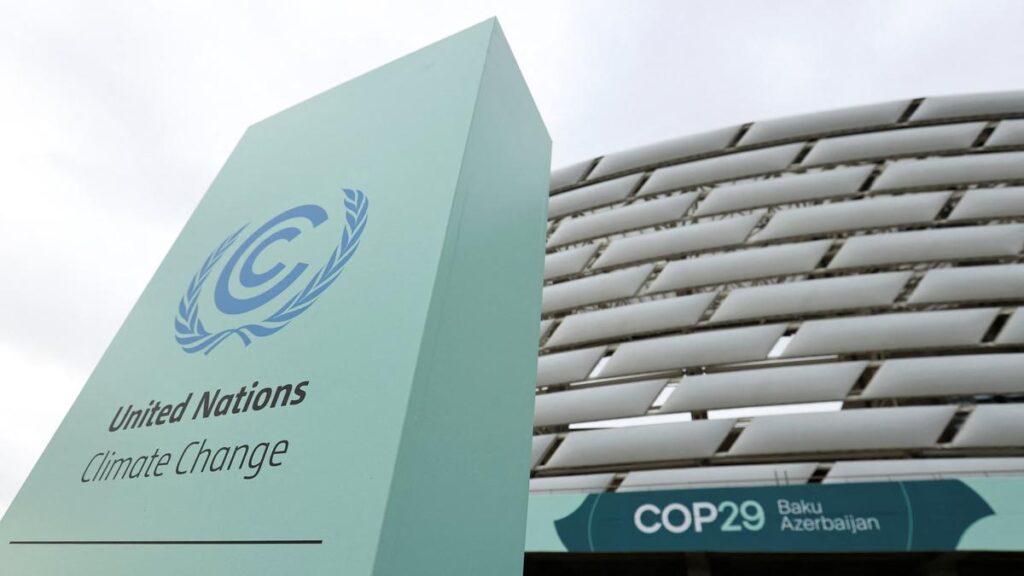Over 50 Nations Commit to Climate-Friendly Tourism in U.N. Declaration

|
Listen to this story:
|
- Historic Milestone: Tourism has been officially included in the U.N. Climate Change Conference Action Agenda for the first time, marking a significant step in global climate-friendly efforts.
- Global Pledge: More than 50 governments signed the U.N. declaration to integrate climate action into tourism strategies and update their Nationally Determined Contributions (NDCs) by February.
- Industry Framework: The World Sustainable Hospitality Alliance introduced a framework to track and report environmental impacts, aiming to guide sustainable practices in the hospitality sector.
A Historic Step for Climate and Tourism
The United Nations announced on Wednesday that over 50 governments have signed a declaration to make global tourism more climate-friendly, calling it a major achievement of the COP29 summit in Azerbaijan.
“At COP29 we have achieved today an historic milestone by being included in the UN Climate Change Conference Action Agenda for the first time,” said U.N. Executive Director for Tourism Zoritsa Urosevic during a press conference.

The declaration, titled Enhanced Climate Action on Tourism, commits countries to address tourism in their climate strategies, particularly in their Nationally Determined Contributions (NDCs). The next NDC updates, which outline government policies to reduce emissions, are due in February.
Why It Matters
Tourism contributes 3% to global GDP but is responsible for 8.8% of greenhouse gas emissions, according to Urosevic. This makes climate-friendly action in the sector a critical priority, especially for emerging nations where tourism drives much of the hard currency revenue. Climate-related disruptions like hurricanes, heatwaves, and droughts also make tourism highly vulnerable.
Kanan Gasimov, head of Azerbaijan’s tourism agency, emphasized the urgency: “We now understand that the future of our business depends on the sustainability of our actions today.”

Industry Leadership in Sustainability
The declaration was supported by new tools like the framework introduced by the World Sustainable Hospitality Alliance, which represents over 55,000 hotels and seven million rooms globally, including major brands like Accor, Hilton, and Marriott.
The framework tracks metrics such as greenhouse gas emissions, water consumption, waste, and energy usage. This data will enable both the industry and travelers to better understand their environmental impact.
“We are an industry that has a vested interest in the protection of each destination,” said Glenn Mandziuk, CEO of the Alliance. “We have to have a conversation where we can play a bigger role.”

The signing of the U.N. declaration and accompanying initiatives set a strong precedent for integrating sustainability into tourism, reinforcing the industry’s responsibility in addressing climate change.
RELATED ARTICLE: Travalyst Scales Sustainable Travel Efforts with Emissions Data for 65 Billion Flight Searches
Follow ESG News on LinkedIn








